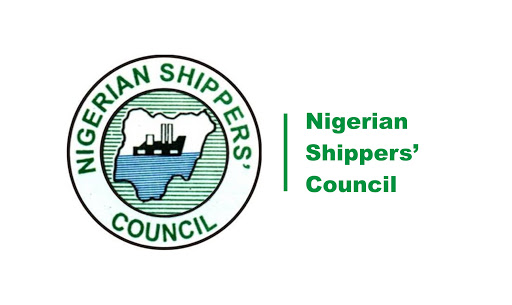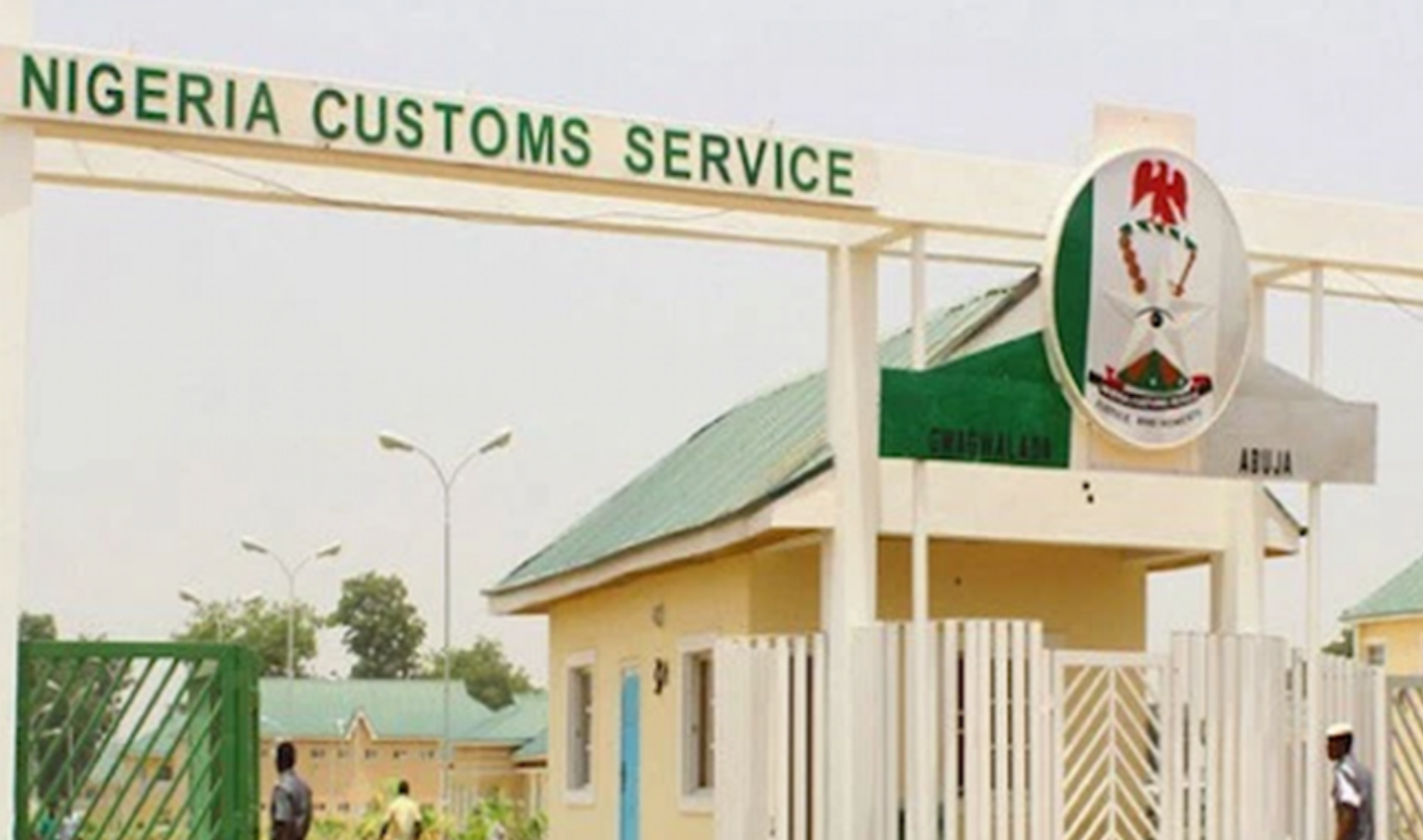The National Council of Managing Directors of Licensed Customs Agents (NCMDLCA) has petitioned the Federal Government, warning that the International Cargo Tracking Note (ICTN), as proposed by the Nigerian Shippers’ Council (NSC), contradicts trade facilitation principles.
They warn it would also lead to increased costs and inefficiencies in cargo clearance.
The Council also opposed the implementation of the ICTN because it lacks legal backing and will further complicate the country’s already burdensome port operations.
In a petition signed by its National President, Lucky Amiwero, NCMDLCA said ICTN does not align with Article 6 of the Trade Facilitation Agreement (TFA), which restricts unnecessary fees and charges on imports and exports.
“We hereby bring to the attention of the Federal Government the push for the implementation of the International Cargo Tracking Note (ICTN), which was first introduced by the Nigerian Ports Authority (NPA) in 2010 and later by the Nigerian Shippers’ Council (NSC) in 2015/2016.
“The scheme was previously suspended due to concerns over cost and its negative impact on cargo clearance. However, there is a renewed attempt by the NSC to enforce the implementation of a system that was previously deemed unworkable,” the petition stated.
The ICTN is a global cargo tracking system designed to enhance security, monitor trade, and curb fraudulent practices. However, its implementation in Nigeria has faced stiff resistance from key industry players due to concerns over added bureaucracy and costs.
Recognising the controversy surrounding ICTN, the federal government had constituted a Technical Committee in January 2016 to review its feasibility. The committee comprised representatives from the NSC, the Manufacturers Association of Nigeria (MAN), the Shipping Association of Nigeria (SAN), and the NCMDLCA.
Their primary objectives were to assess the financial impact of ICTN on the cost of doing business at Nigerian ports, determine where the cost burden would fall, ensure it does not worsen trade expenses, examine the justification for all associated charges and procedures, as well as review the implementation process to avoid redundant documentation and delays.
The committee, chaired by NCMDLCA’s Amiwero, ultimately suspended the ICTN implementation, citing concerns over cost escalation, duplication of processes, and its negative impact on trade.
Beyond cost implications, the clearing agents argue that ICTN lacks a legal foundation and conflicts with the Customs Act, which exclusively mandates the Service to oversee cargo tracking and clearance.
“The Nigeria Customs Service Act, under Section 28, explicitly confers the authority to develop, maintain, and employ an electronic system for cargo tracking and trade facilitation to Customs,” Amiwero stated in the petition.
Section 28 of the NCS Act assigns the Service full control over electronic trade documentation and risk management, while Section 35 empowers Customs to conduct pre-arrival assessments, verify cargo documentation, and ensure compliance before goods arrive in Nigeria.
“As provided in Sections 28 and 35 of the Nigeria Customs Act, electronic systems and pre-arrival processes are the exclusive preserve of the Nigeria Customs Service, which serves as the lead agency for all government trade-related functions,” the petition added.
The NCMDLCA further argued that ICTN, if implemented by the NSC, would amount to a breach of Nigeria’s trade laws, adding an unnecessary layer of regulation that contradicts Customs’ statutory mandate.
Port users and logistics operators have long complained about delays in cargo clearance due to excessive bureaucracy at Nigeria’s ports. The NCMDLCA warns that ICTN would only worsen this situation by introducing another level of documentation and inspection.
“The implementation of ICTN will create additional procedures that will delay cargo clearance, further straining an already inefficient system,”Amiwero said.
“Importers and exporters are struggling with high demurrage charges and prolonged clearance times, this new system will only add to their burden.”
The NCMDLCA’s opposition aligns with broader concerns among manufacturers and freight forwarders, who argue that trade costs in Nigeria are already among the highest in the region. Adding ICTN to the clearance process, they say, would reduce the country’s competitiveness in West African trade and potentially drive business to ports in neighboring countries like Ghana and Togo.
The council insists that any cargo tracking initiative must align with existing trade laws and Customs regulations to avoid unnecessary duplication and inefficiencies.
“The legislation governing trade and customs processes does not support the deployment of ICTN by any agency other than Customs. Any attempt to implement it outside this framework is in direct violation of Nigerian law and will negatively impact the ease of doing business,” the statement insisted.





